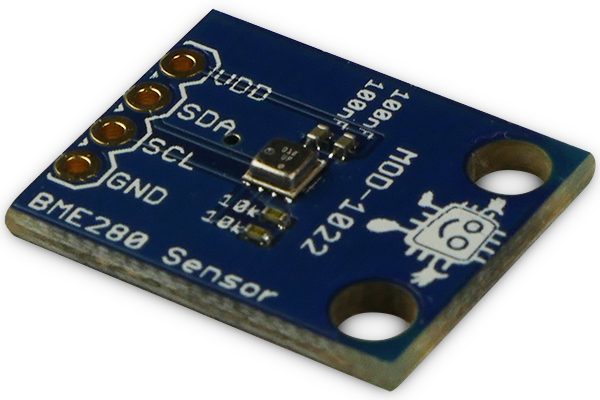- Home»
- News
Since 2010, Embedded Adventures has been providing embedded electronics solutions to hobbyists and companies that needed custom solutions built.
It's been a great journey for us, but the pandemic made it exceptionally difficult to source components at the right prices and supply chain issues meant that we just couldn't fulfil large batches to satisfy our clients.
As such we have stepped away from the hardware side and focussed on more software solutions. We've been working on Quena, which is an AI assistant and AI chat solution, putting Chat GPT in your pocket.
Since we've always had a passion for making the world a more accessable place, we have been working on solutions for live captioning using a platform called CaptionWorks.
And last but not least, in the same vein, if you like reading classic books, we've been turning them into an episodic podcast called Classics Out Loud. We also produce many other podcasts using AI to streamline the delivery process, and even in some cases, voice the actual podcast itself. Turns out this technology has enabled us to turn into one of the world's most advanced podcast production agencies, Pulse Podcasts. As we said, it's been a journey - not quite where we thought we'd end up, but it's sure been a ride.
If you have any need for our embedded solutions, please get in touch and we'll do our best to help you with other manufacturers that can help you.
Thanks for your kind support over the last decade. It's been a blast!
Embedded Adventures Staff.
We love showing off our customers' projects! Embedded Adventurer Steve Spence describes how he made his awesome Arduino based weather station in this video.
We're delighted to have the BME280 based MOD-1022 weather multi-sensor available.

While the picture looks big, it's actually really tiny. In that one chip we have super accurate absolute air pressure (it can measure a 7.5cm difference in altitude, a world-class result), along with temperature (usually required for compensating the pressure measurements) and as a bonus, a pretty solid humidity sensor thrown in as well!
This means with a simple I2C connection (3.3V levels) you can get nice stable measurements and start to make some of your own preductions as to what the weather is going to be like today.
We're really happy with the results so far and have provided full source for using the BME280 with Arudino to get you up and running quickly.
